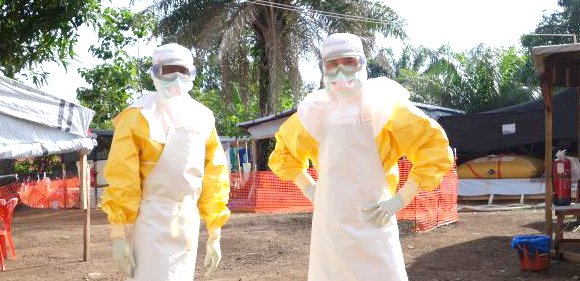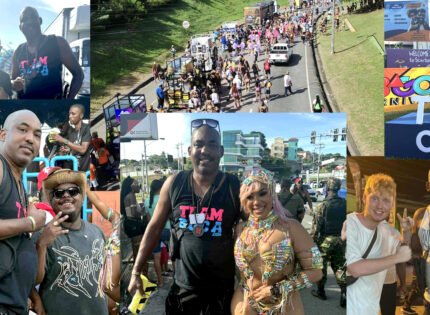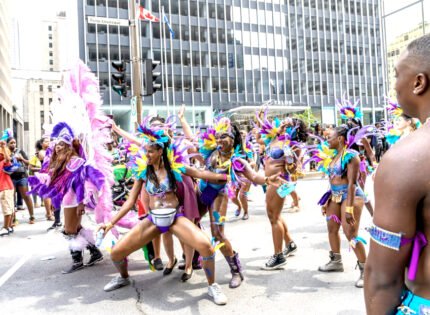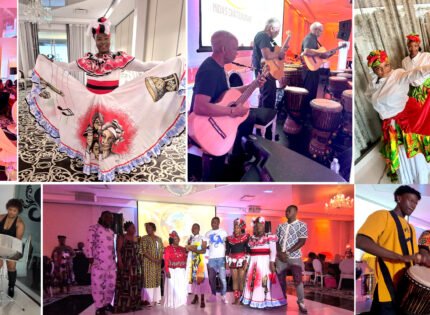Ebola Crisis: Africa stays strong while world dithers
Egbert Gaye
The panic over the much-dreaded Ebola virus is almost full-fledged in the United States and slowly making its way across Canada and around the world, as governments and health officials stumble in their response to the outbreak and ordinary people are driven crazy by fear.
In the U.S., where the only two cases of the disease have been contracted outside of West Africa, misinformation and irrational concerns are running rampant.
Take this woman, an African American traveling from Dallas to Chicago on American Airlines. Poor thing, she must have vomited and complained of not feeling well.
Before she knew it, she was locked in a toilet and left there for the remainder of the flight.
Take also, the absolute panic on the Carnival cruise ship Magic, when a fellow cruiser found out about the nurse who had handled specimens from Thomas Eric Duncan, the Liberian man who was the first person to die of Ebola in the United States. And the school teacher in Maine whose trip to Dallas was enough to cause a panic and landed her on medical leave because she attended a conference 10 miles from the hospital where Duncan died.
But the biggest manifestation of panic in the western world has to be traced to Trinidad and Tobago, where, get this… authorities are considering canceling next year’s carnival celebrations. As the song goes: nothing stops the carnival.
Canada too is caught up in Fearbola or PanickEbola with several rapid response teams standing at the ready in Ottawa and Winnipeg who have four Hercules planes packed with equipment and supplies at their disposal.
And if you’re from West Africa, poor you! You’re barred from almost every country around the world.
Mainstream media, rabid right wing politicians and global authorities, including the World Health Organization that came up short in their initial response to the crisis in West Africa, five months ago, of course drive the hype.
Andrew Tyndall, publisher of the authoritative Tyndall Report which has tracked network news for 25 years, was quoted as saying that the Ebola coverage offered by the media has been “inappropriate, misleading, and scare-mongering in that it so disproportionately focuses on the very low level domestic threat as opposed to the actual crisis in the three West African nations.”
As for governments, especially those of the rich and powerful countries, they too are in denial and are guilty of ignoring the people at the epicenter of the disease, ignoring them for months as they fended for themselves with their meager resources.
How long did it take the United States and Canada to send a few planeloads of supplies such as gloves, water, sanitary gear and maybe an ambulance or two to the stricken countries?
Of course, as they stir-up and pander to fear at home, means that they continue to ignore what the trusted experts say, which is: to stop the disease from entering your country, you have to deal with it at the source.
Cuba knows that. And has dispatched a medical team to Liberia to lend a hand in the fight against the Ebola virus. The 52-member team includes doctors, nurses, epidemiologists, intensive care doctors, general practitioners, surgeons, pediatricians, intensive care nurses, anesthetists and licensed nurses.
Liberia, the second country struck by the outbreak, which was first reported in December 2013, is being hit hard with about 5,000 cases and 2,700 deaths by mid-October.
The country, although it’s economy was showing signs of significant growth before the outbreak, badly needed outside help.
With only 50 physicians in the entire country, Liberia’s health care system has been buckling, shored up only by the diligence of Doctors Without Borders.
However, there were reports of some hospitals being abandoned while others were functioning with the basics, such as running water, rubber gloves, and other sanitary supplies.
The estimate is that the country will need 80,000 more body bags and about 1 million protective suits for the next six months.
In Guinea where on March 25, the Ebola scourge was identified, is also struggling to keep up fight off the disease. So far, its death toll nears, 1000 as the number of cases mounts to well past 1600.
In Sierra Leone about 3700 have been stricken of which an estimated 1300 have died. The country has been in a constant state of panic since one of its leading physicians and only expert on hemorrhagic fever Sheik Umar Khan died on 29 July.
Then this past October 4, the country experienced its largest number of fatalities in a single day, when 121 persons died.
As the scourge continues, still mostly unabated, it’s important to appreciate the gallantry of the frontline workers in West Africa who face the deadly disease head-on every day, with minimal protective gear and supplies and shaky resources.
So far, hundreds of these health workers have died from Ebola, and some have been killed by their countrymen because of the job that they do.
There is a bright light in Nigeria, where about 20 were stricken and about eight died; the country has declared itself free of disease.
Almost eight months into this outbreak, there is no lack of courage on the frontlines of the battle to beat back Ebola and their holding their own, no thanks to The World Health Organization and most western governments.
















